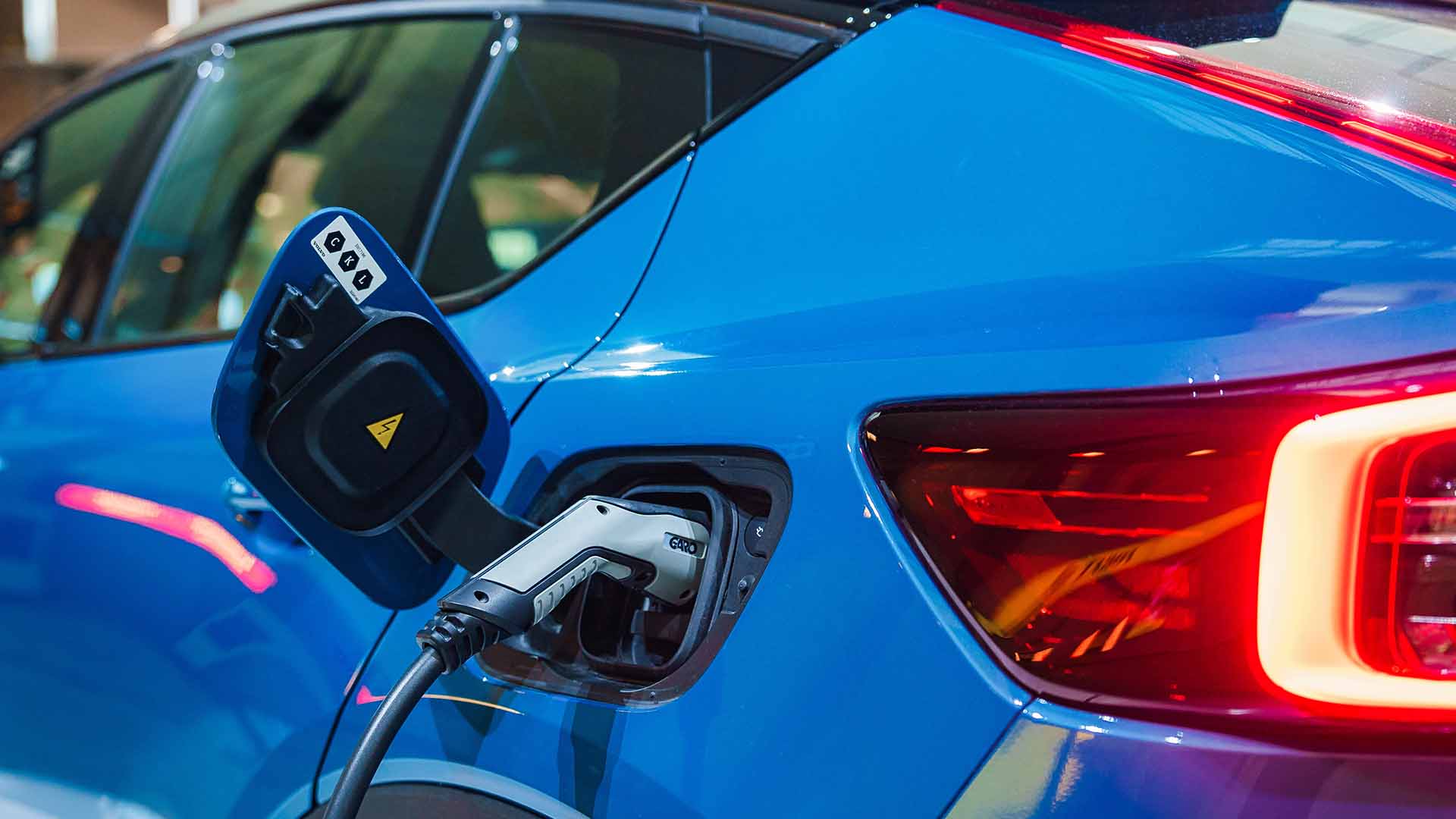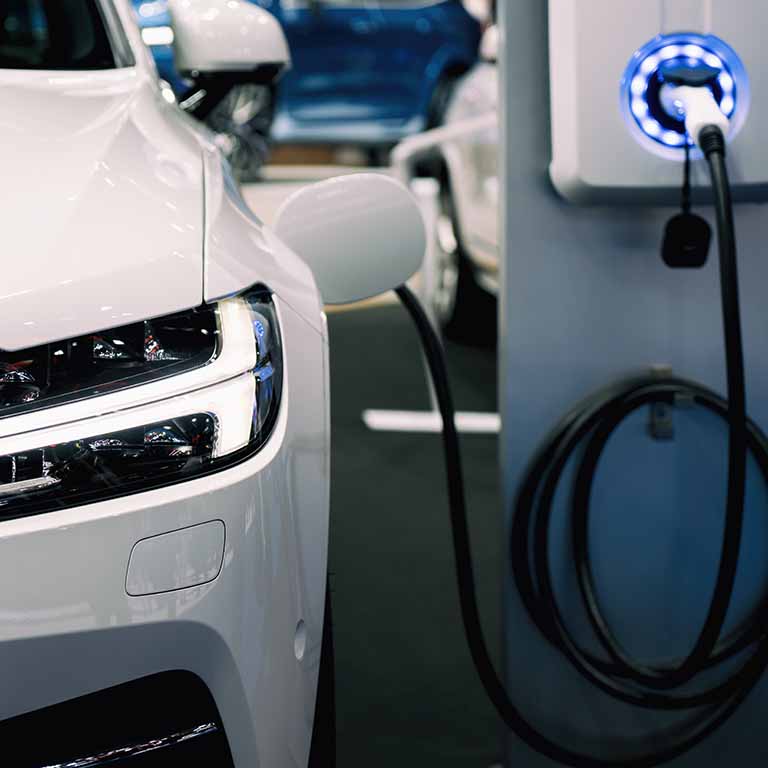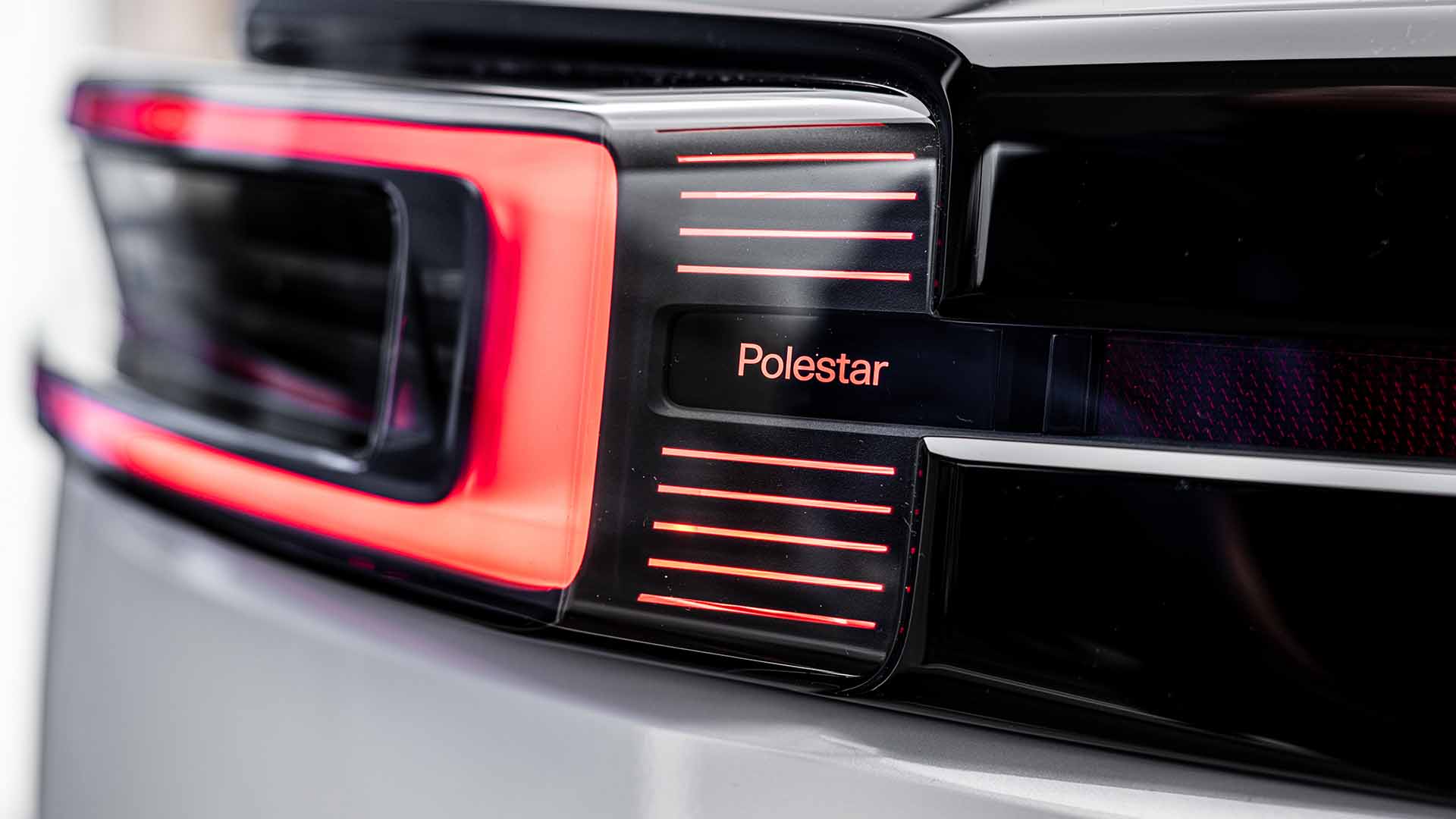
Representative Example: You could borrow £10,699 over 60 months with an initial payment of £495.89 (including £199 Admin Fee) followed by 58 monthly payments of £296.89 with a final payment of £495.89 (including optional £199 Option to Purchase Fee). Total amount repayable will be £19,012,40. 26.1% APR, annual interest rate (fixed) 13.3%.
The Admin Fee is a £199 fee that helps cover the costs of setting up your finance agreement. It covers things like preparing your agreement documents, carrying out credit and identity checks, and arranging payment to the broker. This fee is paid at the same time as your first payment, and it isn't refundable. It's separate from your deposit and from any other charges on your agreement.
The Optional Purchase Fee is a £199 fee you only pay if you decide to buy the car at the end of your finance agreement. You don't have to buy the car, that's entirely your choice. If you choose to hand the car back instead, you won't pay this fee. If you decide to keep the car, you'll need to pay the £199 Optional Purchase Fee, usually along with your final payment, to transfer legal ownership of the vehicle to you. This fee covers the cost of finalising your agreement and removing our interest in the vehicle. It's separate from your deposit and from any other charges on your agreement.
The amount shown is an illustration of a typical monthly payment based on the Representative APR. These figures are for guidance only; the actual payments and rate you're offered will depend on your individual circumstances and are not guaranteed. Please see below for details of how your first and final payments may be different.
Electric vs Hybrid Cars: Which One Should You Choose?
If you're thinking about switching to a greener car, you’ve probably come across two main options, electric and hybrid vehicles. But what’s the difference, and which one is better for you?
This guide explains how electric and hybrid cars work, how they compare on running costs, and what to think about before financing one. Whether you're looking to save money, reduce emissions, or find a car that suits your daily routine, we’ll help you make the right choice.
Electric vehicles (EVs) run only on electricity. They have no petrol or diesel engine and must be charged using a plug, either at home or at a public charging point. They produce zero emissions when driving and are very quiet on the road.
Hybrid cars have both a petrol engine and an electric motor. Some charge themselves while driving (called self-charging hybrids), and others can be plugged in (plug-in hybrids or PHEVs). They can switch between electric and fuel power or use both at the same time.
So, if you want a car with no fuel at all, go for an EV. If you want something with both fuel and electric power, a hybrid could work better.
Electric cars are usually cheaper to run. Charging at home often costs less than filling up with petrol or diesel, and many EVs qualify for cheaper road tax. Maintenance costs can also be lower, as electric motors have fewer parts to repair or replace.
Hybrids still need fuel, so you’ll keep paying for petrol or diesel. While they use less fuel than regular cars, they’re not as cheap to run as full electric models. They may also need more servicing over time due to having both an engine and a motor.
In the long run, electric cars can save you more, especially if you do a lot of short trips and can charge at home.
If you often drive long distances, a hybrid might be the better choice. Since hybrids still use fuel, you don’t need to worry about charging, just refuel like any other car. Plug-in hybrids can do short journeys on electric power, but will switch to petrol for longer trips.
Electric cars are ideal for short or medium journeys, especially in towns and cities. But on longer drives, you’ll need to plan your charging stops. Some EVs have a range of over 200 miles, but charging can take time, especially if public chargers are busy.
So, if you travel far often, a hybrid may offer more flexibility. If your driving is mostly local, an EV could be perfect.
Charging an electric car takes longer than filling up a fuel tank. A home charger can take several hours, while a rapid public charger may top you up in 30–60 minutes. You’ll need to plan ahead to make sure you’re never caught short.
Hybrids don’t need charging unless it’s a plug-in model and even then, you can fall back on petrol if needed. That means less worry about where to plug in.
If you have a driveway and can install a home charger, an electric car is easy to live with. But if you rely on street parking or travel a lot, a hybrid might be more convenient.
Electric cars are the cleanest choice when it comes to driving. They produce zero tailpipe emissions, making them much better for the environment, especially in cities where pollution is a concern.
Hybrids are cleaner than petrol or diesel cars, but they still burn fuel and release emissions. Plug-in hybrids are better for short, low-emission journeys, but many drivers still use the fuel engine most of the time.
If reducing your carbon footprint is important to you, an EV is the greener option. Over time, using clean electricity (like from solar or wind) makes them even more eco-friendly.
Yes, both types of vehicles can be financed through Hire Purchase (HP), Personal Contract Purchase (PCP), or other finance options. The process works the same as it does for petrol or diesel cars.
At AutoMoney Motor Finance, you can apply for used electric or hybrid car finance, even with no deposit or a poor credit history. Monthly payments will depend on the price of the car, your credit file, and the length of the agreement.
Whether you choose an EV or a hybrid, finance can make switching more affordable by spreading the cost over time.
AutoMoney Motor Finance could help you finance your next hybrid car. Speak to our friendly team today to learn more.

